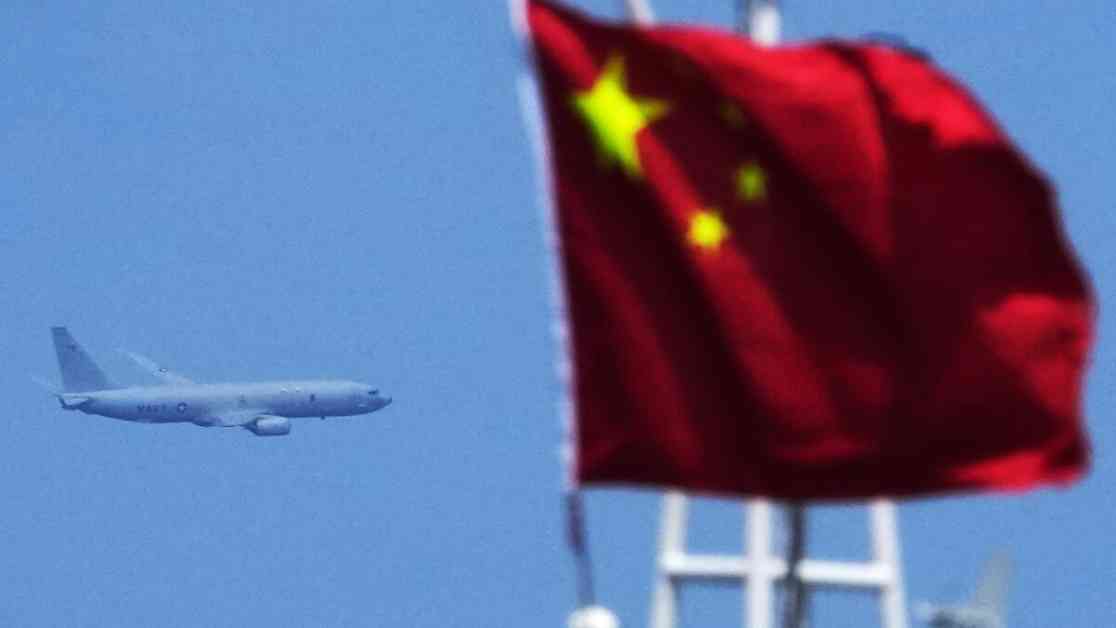China is closely watching the U.S. presidential election, with a mix of fascination and concern. Both Kamala Harris and Donald Trump have taken a tough stance against China, reflecting the widespread sentiment in the United States that views China as a major threat. This perception has been fueled by a sharp decline in U.S. opinions of China.
Chinese people are intrigued by the unpredictable nature of American politics and are closely following the rise and fall of presidential candidates. The possibility of a woman of color becoming the president for the first time has generated excitement in China. The lack of political participation in China makes following the U.S. election a way for Chinese citizens to engage with political discourse.
The ongoing presidential election in the U.S. has been described as high political drama, with unexpected twists and turns. The chaos surrounding the candidates and the campaign cycle has been portrayed by Chinese media as a symbol of the failings of American democracy. However, opinions among Chinese citizens are divided, with some seeing it as a sign of democracy not working, while others view it as a testament to the strength of American democratic institutions.
There is a bipartisan consensus in China that views China as an existential threat to the U.S., a sentiment shared by both political parties. If Harris wins, it is likely that U.S. policy towards China will continue along the same lines as Biden’s current stance. However, if Trump is re-elected, China may need to be prepared for unexpected policy shifts. The personality and character of the president play a significant role in shaping U.S.-China relations.
The majority of informed Chinese elites did not believe Trump could be elected in 2016, and his presidency has been marked by surprises and controversies. The Capitol riot and Trump’s attempts to overturn the election outcome have raised doubts among Chinese citizens about the stability of American democracy. The rise of Trump has challenged traditional beliefs about the effectiveness of Western democratic systems.
The potential election of Kamala Harris as the first female president would be seen as a sign of the vibrancy of American democracy in China. Her victory would be viewed as an inspiring story that reflects the inclusive nature of American society. However, having experience teaching in China does not necessarily mean that Tim Walz, Harris’s vice presidential pick, would adopt a friendly stance towards China if elected.
Chinese media coverage of the U.S. election has been extensive, with limited censorship on reporting. Social media platforms have become increasingly popular sources of information for Chinese citizens, highlighting the strong interest in the U.S. election. Official Chinese media outlets tend to portray the U.S. as experiencing a decline, citing events like the Jan. 6 riots and the handling of the pandemic as evidence of this decline. Despite some biased perceptions, Chinese views on the U.S. election are diverse and reflect the complex relationship between the two countries.



























